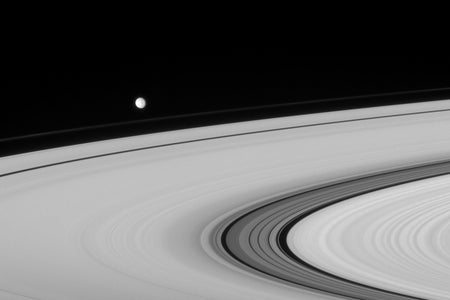
Meet Saturn’s ‘Death Star’ Moon and the Intriguing Ocean It May Hide
The possibility of liquid water beneath the surface of Saturn’s moon Mimas may offer clues to how such seas form, and another spot to search for life
Shannon Hall is an award-winning freelance science journalist based in the Rocky Mountains. She specializes in writing about astronomy, geology and the environment.

Meet Saturn’s ‘Death Star’ Moon and the Intriguing Ocean It May Hide
The possibility of liquid water beneath the surface of Saturn’s moon Mimas may offer clues to how such seas form, and another spot to search for life

COVID Vaccination during Pregnancy Protects Newborn Babies
Studies show that vaccination against COVID during pregnancy provides a powerful safeguard for vulnerable infants too young to receive the vaccine on their own
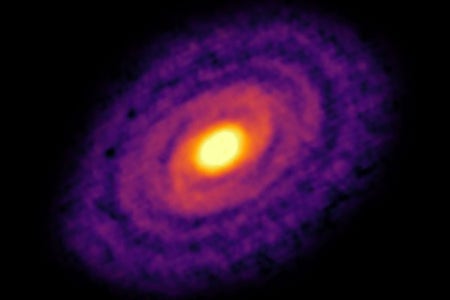
JWST Is Tracking Down the Cosmic Origins of Earth’s Water
New observations from the James Webb Space Telescope are exposing the pathways that water takes to reach terrestrial planets

Vaccination Dramatically Lowers Long COVID Risk
Several new studies reveal that getting multiple COVID vaccine doses provides strong protection against lingering symptoms
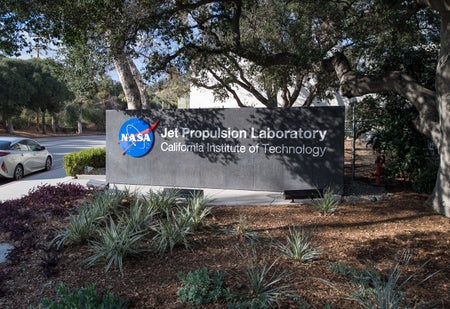
NASA Lab’s Workforce Woes Threaten Major Space Missions
A brain drain from NASA’s Jet Propulsion Laboratory could pose problems for the space agency’s ambitious science plans

Long COVID Rates Appear to Be Decreasing
Here’s why Long COVID may be declining and what we know about the trend so far
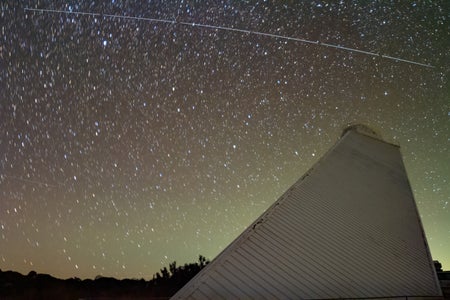
Giant Satellite Outshines Most Stars in the Sky
At times, the enormous BlueWalker 3 telecommunications satellite is brighter than some of the most iconic stars visible from Earth
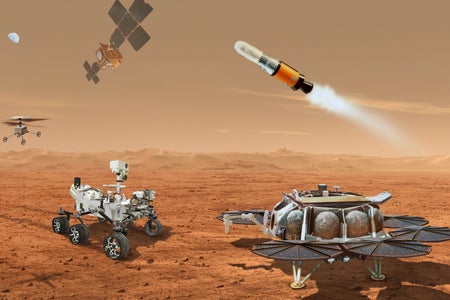
NASA’s Interplanetary Plans May Be Lurching toward Disaster
Delays and budgetary overruns are causing many to worry that NASA’s ambitious planetary science program is at a breaking point
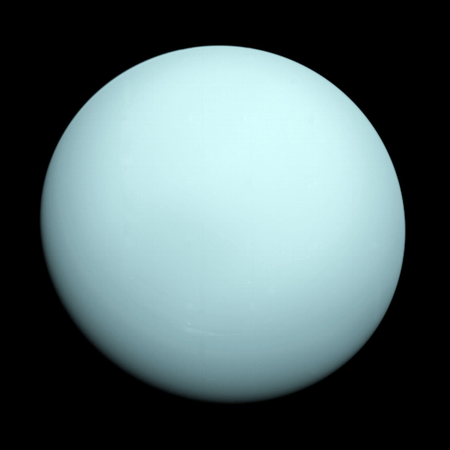
NASA’s Uranus Mission Is Running Out of Time
Multiple obstacles might make it hard for NASA to turn its dream of ice giant exploration into a reality any time soon
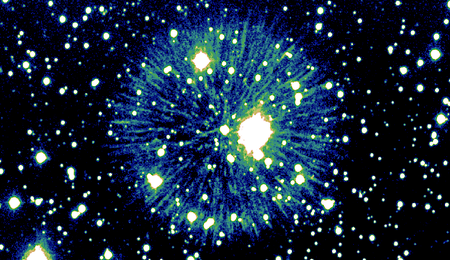
Weird Supernova Remnant Blows Scientists’ Minds
Fireworks display from rare dying star is unlike anything astronomers have seen

New Omicron Variants Are Here—What We Know So Far
The variants appear to sneak past the immune system, but vaccines will likely continue to hold strong
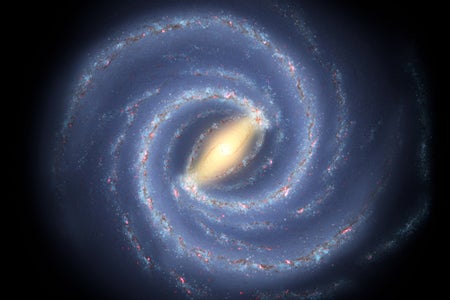
The Milky Way’s Spiral Arms May Have Carved Earth’s Continents
A controversial new theory suggests the Milky Way galaxy’s arms sent comets hurtling toward early Earth, where impacts built new continental crust
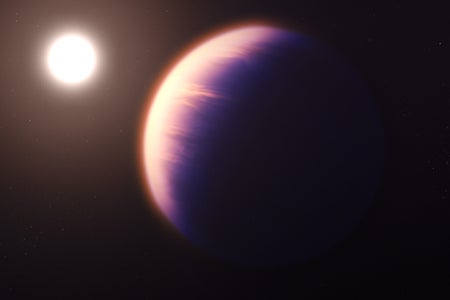
Webb Telescope Finds Carbon Dioxide on a Distant Exoplanet
The result offers a sneak peek at the observatory’s transformative potential for studying worlds beyond the solar system

Long COVID in Children Appears Less Common Than Early Fears Suggested
Although the risk of long COVID is not insignificant, it is much lower than previously thought
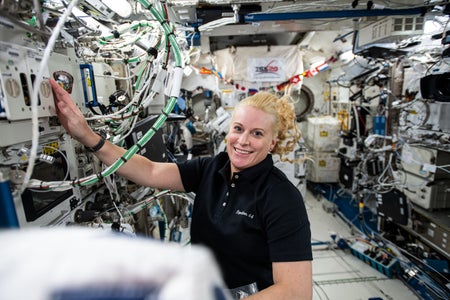
NASA Will Map Every Living Thing on the International Space Station
Surveying the billions of tiny microbial astronauts that dwell within the orbital laboratory could help us prepare for human voyages to Mars
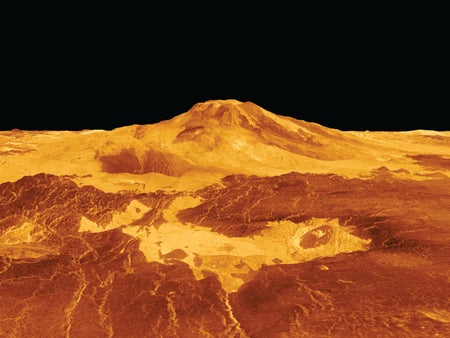
Model Suggests Toxic Transformation on Venus
A recent study shows how Venus could have explosively changed from habitable to deadly

Babies’ Mysterious Resilience to Coronavirus Intrigues Scientists
COVID-19 is often mild in infants. Learning why could help scientists better understand the disease—and point the way toward possible treatments
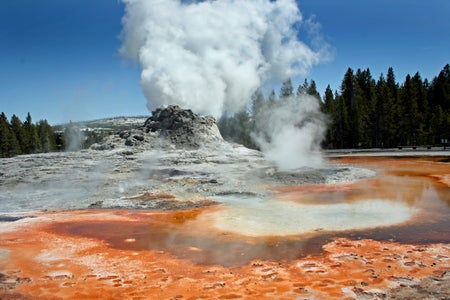
Biggest Ever Yellowstone Eruption Revealed
The ancient supervolcano under the national park was much more explosive in its early history and could be slowing down, a new study suggests

Researchers Claim Rainfall Triggered Kilauea Eruption, but Others Remain Skeptical
Heavy rains may have put pressure on the Hawaiian volcano’s underground plumbing, setting off its major 2018 eruption
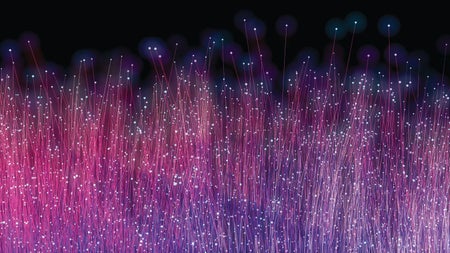
Kilometers of “Dark Cable” Form the Newest Seismic Sensors
Fiber-optic cables stretching below cities, through glaciers and along the seafloor could record earthquakes and more
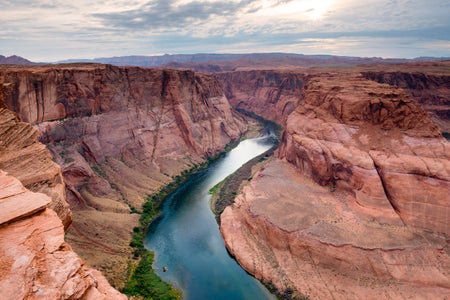
Colorado River Is in Danger of a Parched Future
The river is due to lose up to 31 percent of its flow by midcentury—an alarming trend that could affect 40 million people
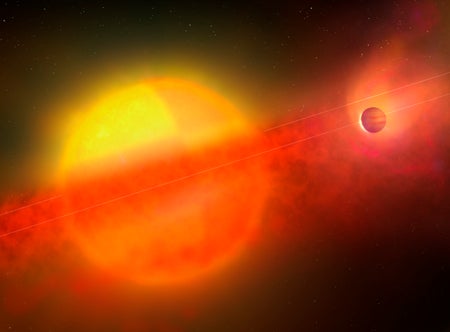
Newfound “Ablating” Exoplanets Could Reveal Alien Geology
By probing close-in worlds, the discovery will help astronomers better understand how planets form and evolve
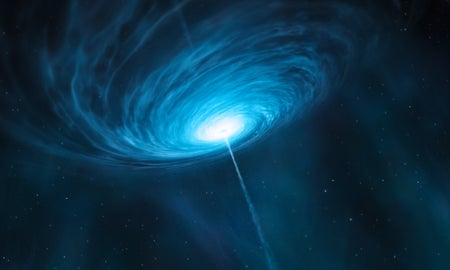
Lights Out: Astronomers Illuminate the Mystery of Vanishing Quasars
A new census of the universe’s most luminous objects brings us closer to solving why some of them seem to disappear
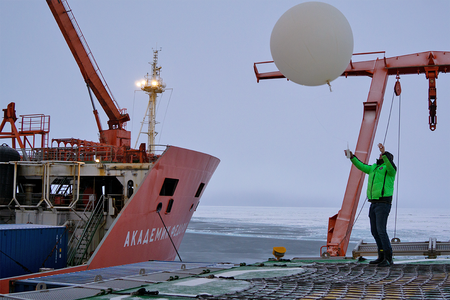
Frozen Researchers Will Greatly Improve Arctic Weather Prediction
Their data will also bolster climate models that forecast extreme weather where we all live